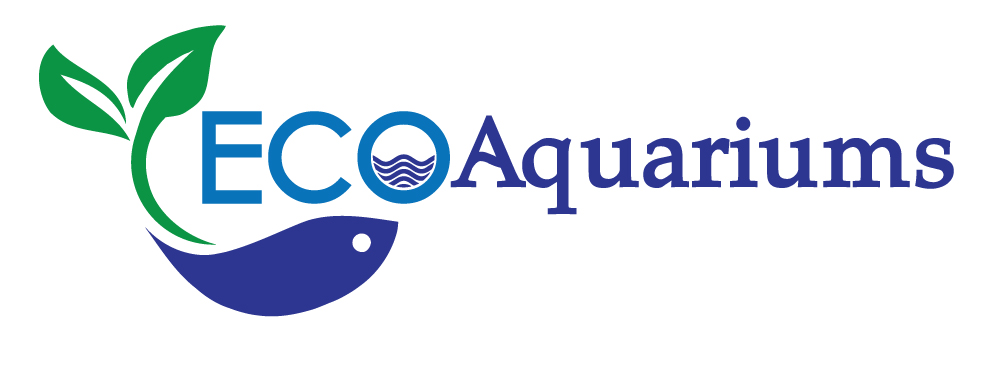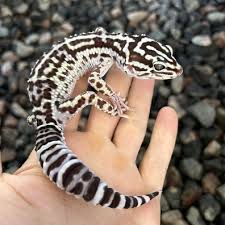GECKO RANIAN LEOPARD SOLEYMAN LOCALE (Eublepharis angramainyu)
$350.00
Full Description
Here is a detailed care guide for the Soleyman Locale Iranian Leopard Gecko (Eublepharis angramainyu), often referred to simply as the Iranian Fat-tailed Gecko. This specific locale is native to the Soleyman region of Iran, and while it shares similarities with Leopard Geckos (E. macularius), it has unique care needs and a more robust build and temperament.
Eublepharis angramainyu – Soleyman Locale Care Guide
Species Overview
-
Common Name: Iranian Leopard Gecko (Soleyman locale), Iranian Fat-tailed Gecko
-
Scientific Name: Eublepharis angramainyu
-
Locale: Soleyman Mountains, Iran
-
Adult Size: 9–11 inches (23–28 cm)
-
Lifespan: 15–20+ years in captivity
-
Temperament: Defensive, shy, not naturally docile like E. macularius
-
Experience Level: Advanced/Experienced keepers only
Enclosure Setup
| Parameter | Recommendation |
|---|---|
| Minimum Size | 40-gallon tank (for one adult) |
| Type | Terrestrial enclosure with ample floor space |
| Substrate | Clay/sand mix, excavator clay, or bioactive (avoid loose sand alone) |
| Hides | 3 minimum: warm, cool, humid |
| Decor | Rocks, ledges, cork bark, dry wood |
| Lighting | Optional low-level UVB (5.0) |
| Lid | Secure lid (they’re strong climbers) |
️ Temperature & Humidity
| Zone | Ideal Range |
|---|---|
| Warm Side | 88–92°F (31–33°C) |
| Cool Side | 74–78°F (23–25°C) |
| Night Temp | 70–75°F (21–24°C) |
| Humidity | 40–60% ambient; humid hide: 70–80% |
| Heat Source | Under-tank heater + thermostat OR RHP |
-
UVB (low-level) may be beneficial for calcium metabolism, though not strictly required.
️ Diet & Feeding
| Feeding Info | Details |
|---|---|
| Diet | Strictly insectivorous |
| Main Foods | Crickets, dubia roaches, superworms |
| Occasional Foods | Hornworms, silkworms, waxworms (sparingly) |
| Supplementation | Calcium + D3 (2–3x/week), multivitamin (1x/week) |
| Feeding Frequency | Adults: every 2–3 days; Juveniles: daily |
-
Provide water in a shallow dish, changed daily.
-
Avoid wild-caught insects (parasites).
Behavior & Temperament
-
More defensive and reactive than standard Leopard Geckos
-
Not recommended for frequent handling, especially young individuals
-
Territorial: keep solo unless for controlled breeding
-
Nocturnal/crepuscular: most active in the evening
Maintenance & Health
-
Spot-clean daily
-
Full substrate change or bioactive monitoring every 6–12 months
-
Provide proper shedding support (humid hide is essential)
-
Watch for signs of:
-
Retained shed
-
Aggression
-
Tail thinning (malnutrition)
-
Metabolic bone disease (MBD)
-
✅ Supplies Checklist
-
40+ gallon front-opening tank
-
Digital thermostat & thermometers
-
Clay-based or bioactive substrate
-
3 hides (warm, cool, humid)
-
Gut-loaded insect supply
-
Supplements: calcium, D3, multivitamin
-
Low-level UVB (optional but beneficial)
⚠️ Notes on Soleyman Locale
-
These geckos are native to rocky, dry mountain terrain. Mimic their natural habitat for the best health and behavior.
-
The Soleyman locale may display unique markings or coloration compared to other E. angramainyu.
-
Often not bred for temperament, so regular socialization must be done slowly and respectfully.

